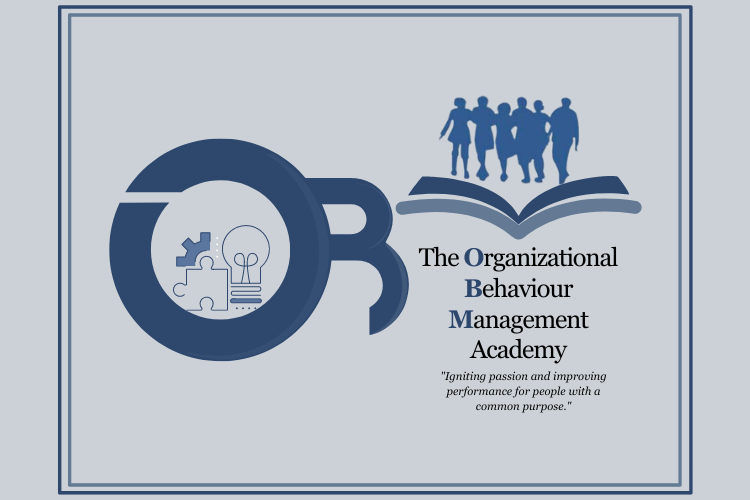Leadership and performance management are two critical components of organizational success. Their intersection significantly influences employee motivation, engagement, and overall productivity. Performance management tools are vital in supporting leadership in pursuing management outcomes and driving organizational success.
Leadership is a crucial factor, an independent variable, that influences employee motivation, performance, favourable outcomes, and lasting results. Leadership styles, including idealized influence, inspirational motivation, intellectual stimulation, and individualized consideration, can boost employees' intrinsic motivation. Intrinsic motivation, which comes from personal satisfaction rather than external rewards, is essential for achieving high performance and job satisfaction.
Transformational leaders play a key role in promoting intellectual stimulation, which is crucial for encouraging innovation and problem-solving and thereby improving performance. They communicate a compelling vision that aligns team goals with organizational objectives, fostering a sense of purpose and belonging among employees and motivating them to invest more effort in their tasks.
Engaging leadership, rooted in Self-Determination Theory (SDT), has shown promising results in enhancing performance management. It focuses on satisfying employees’ basic psychological needs for autonomy, competence, and relatedness. Leaders can significantly boost employee engagement by meeting these needs, leading to higher productivity and lower turnover.
Leaders who effectively engage their teams to inspire and strengthen their abilities by delegating responsibilities, thereby fostering a collaborative environment. These proactive measures enhance job satisfaction and team cohesion and elevate performance. Strong leadership quality is crucial in shaping high-performing teams. Influential leaders must create an environment that fosters alignment on direction, high-quality interactions, and a strong sense of renewal. These elements are vital for team success, ensuring that members actively work towards common goals while also feeling invigorated and motivated to innovate and take risks.
Great leaders skillfully balance strategic, operational, and governance responsibilities by assembling specialized teams. This approach fosters focused and effective management, enabling each team to delve deeply into its area without being burdened by broader organizational concerns.
A strong connection between leadership and performance management is essential for organizational success. Embracing transformational and engaging leadership styles can significantly improve employee motivation, engagement, and overall performance. By nurturing a supportive and empowering work environment, leaders can effectively drive their teams to achieve heightened productivity and innovation. The adept implementation of these leadership strategies can transform performance management systems, paving the way for sustained organizational growth and success.
